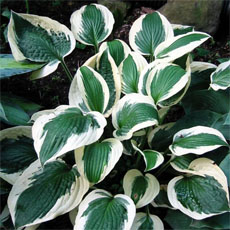Bag Worm
Thyridopteryxephemeraeformis
This bug has been reportedly found in the following regions:
North Little Rock, Arkansas
Bear, Delaware
Big Pine Key, Florida
Boca Raton, Florida
Fort Lauderdale, Florida
Kissimmee, Florida
La Crosse, Florida
Leesburg, Florida
Lutz, Florida
Seffner, Florida
Wauchula, Florida
Chillicothe, Illinois
Hebron, Kentucky
Melbourne, Kentucky
Adamstown, Maryland
Frederick, Maryland
Minneapolis, Minnesota
Florence, Mississippi
Marietta, Mississippi
Branson, Missouri
Chesterfield, Missouri
Hartsburg, Missouri
O Fallon, Missouri
Plattsburg, Missouri
Medford, New Jersey
Moorestown, New Jersey
Pennsville, New Jersey
Portales, New Mexico
Staten Island, New York
Columbus, Ohio
Dayton, Ohio
Hulbert, Oklahoma
Barto, Pennsylvania
Northampton, Pennsylvania
Simpsonville, South Carolina
Spartanburg, South Carolina
Summerville, South Carolina
Clarksville, Tennessee
Cypress, Texas
Fayetteville, Texas
Grand Prairie, Texas
Missouri City, Texas(2 reports)
Pilot Point, Texas
San Antonio, Texas
Santa Fe, Texas
Abingdon, Virginia
Ashburn, Virginia
Chesapeake, Virginia
Fredericksburg, Virginia
Roanoke, Virginia
show all




















































